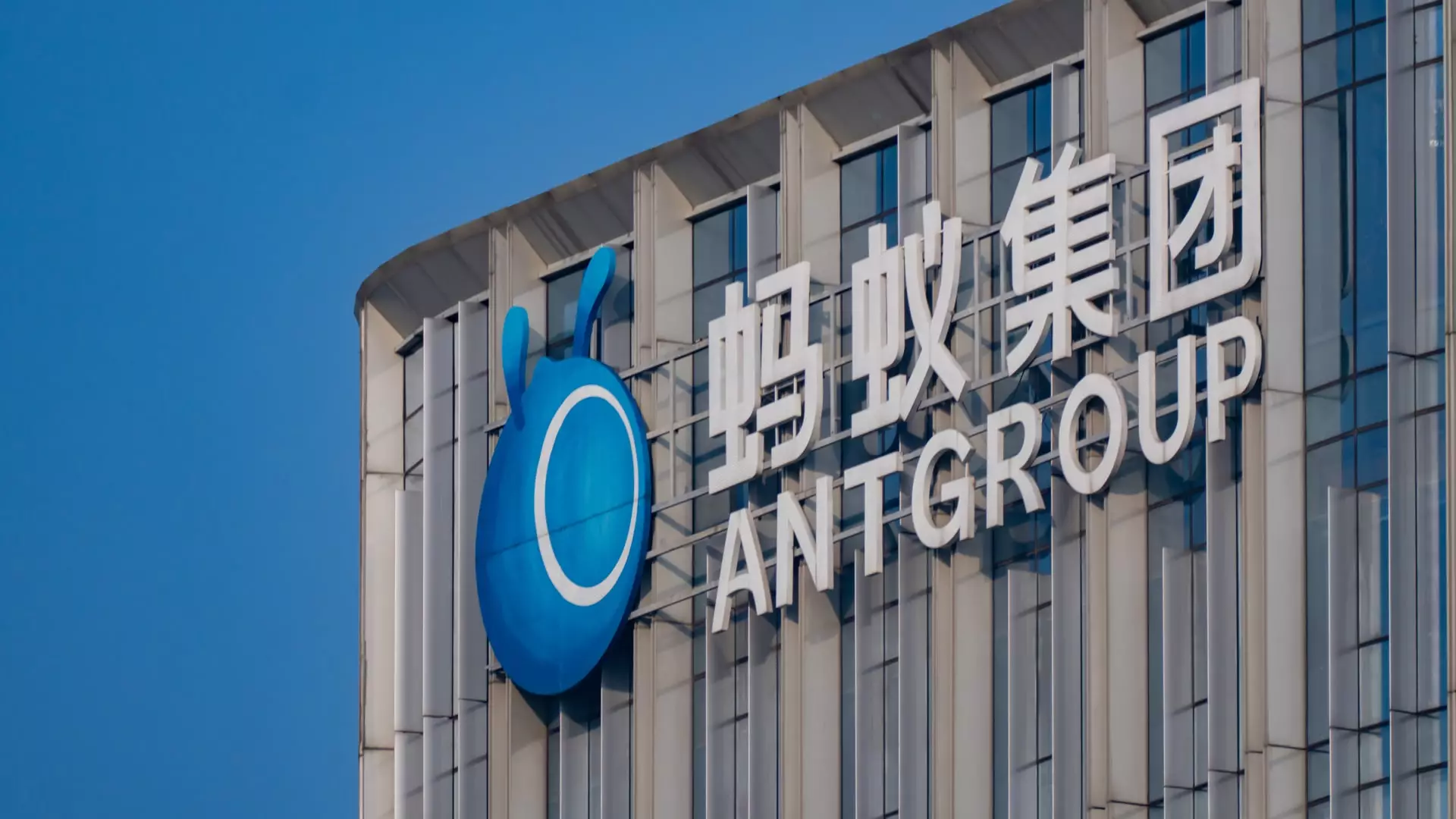In a strategic move that underscores the technological rivalry between the U.S. and China, Ant Group is employing a versatile blend of Chinese and American-made semiconductors to enhance its artificial intelligence (AI) modeling capabilities. This duality in chip sourcing is more than just a clever workaround; it serves as an essential pivot away from a heavy reliance on a singular supplier, exemplified by the tech giant Nvidia. By leveraging a strategy known as a “mixture of experts” approach, Ant is not only slashing training costs by 20% but also transforming the landscape of AI development. However, one can’t help but wonder: what does this mean for the larger narrative of global tech dependencies and economic sovereignty?
A Fragile Foundation of Supply Chains
Relying on a complex supply chain that includes both Chinese innovation and American technology can be a double-edged sword. While the integration of varied chip sources offers a practical solution to the limitations imposed by geopolitical tensions, it also raises a critical question about long-term sustainability. If the U.S. ramps up sanctions against Chinese tech firms or decides to cut off access to software and chips, what repercussions will Ant face? The reliance on companies like Advanced Micro Devices (AMD) introduces elements of unpredictability, leaving Ant Group in a precarious position. This partnership with AMD, in a landscape that is increasingly fraught with tension, might bolster Ant’s capabilities presently, but it could jeopardize them in the face of evolving political landscapes.
Healthcare AI: A Double-Edged Sword
Ant Group’s recent announcement regarding its AI solutions for healthcare also warrants scrutiny. While the integration of AI in the healthcare sector in major cities such as Beijing and Shanghai can lead to significant advancements in patient services, it raises serious ethical questions. The implications of AI in medical contexts, where algorithms could influence life-and-death decisions, put even more pressure on technology firms to ensure the reliability and accuracy of their models. When a company avows that their AI can enhance patient services and answer medical queries, we must confront the uncomfortable reality: are we ready to trust algorithms over human intuition? The prospect of AI-driven healthcare can be a boon, but it can also dehumanize the patient experience, sacrificing empathy at the altar of efficiency.
Political Underpinnings and Future Outlook
The U.S. stance on restricting China’s access to cutting-edge semiconductor technology has far-reaching implications on innovation within the AI domain. This techno-nationalism, while aimed at curtailing China’s rise, could inspire Chinese firms like Ant to redouble their efforts in creating self-reliant tech ecosystems. By developing their capabilities and diversifying their suppliers, Chinese firms are finding ways around Western restrictions, thus fortifying their technological independence. However, this trend raises an alarming question about the democratization of technology: will the pursuit of self-sufficiency stifle genuine innovation if competition is limited within insulated markets?
The evolving landscape of AI, particularly as seen in Ant Group’s operational strategies, reflects not just technological advancement but also the intricate web of global politics, economic strategies, and ethical dilemmas that lie ahead. As the pulse of innovation quickens, it is imperative we remain vigilant about its broader implications, especially in how we shape human experiences in domains as sensitive as healthcare.

